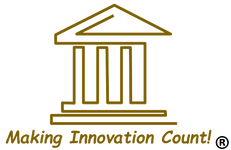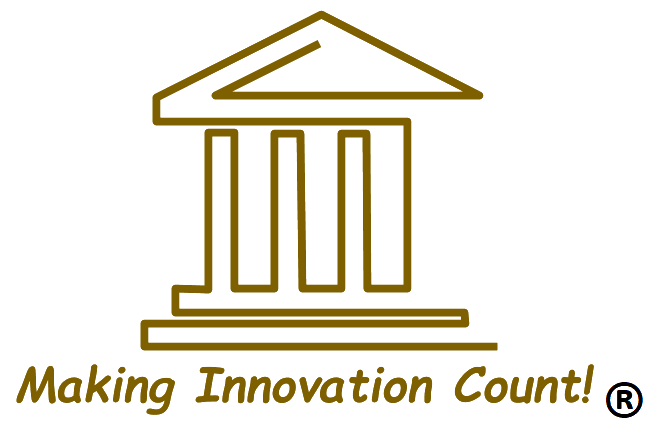|
Question: Can a gold store make you pay back money after they buy your item and then later find out it's fake?
Facts: I had no clue that it was not genuine. Answer: There are two areas of law that are applicable here - Common Law Contract Law and UCC Contract Law. If the gold was in such a form to make it unique than Common Law will apply, otherwise UCC will apply. The gold item is unique if it is the only one of its kind. Example would be a gold sculpture by a famous artist or a gold ring that had been in the family for many years. Those are one of a kind and cannot be replaced if lost. The facts here seem to indicate that the item is not unique. If that is the case then UCC law will apply. However I will analyze your question under both laws. Common Law - Mutual Mistake Mutual Mistake is a material misrepresentation of fact that goes to the essence of the contract. The facts do not indicate how you represented the gold item but if you told the gold store that the item was gold then you made a misrepresentation. If you stated to the store that the gold was the "best gold to be found in the state" then your statement is not of fact but what we call "puffing". However if you stated that the item was gold then it would be a fact. Here is suspect that you were not puffing but stating a fact to the store. Finally the fact went to the essence of the contract (your selling of the item to the store in exchange for money is considered a contract) because both you and the store believed the item to be valuable gold. So in summary we have what is referred to as a mutual mistake. At common law there is no contract formed when both parties were mutually mistaken by the subject matter of the contract. Since no contract was formed the store has the right to request that you return the money. UCC Law - Express Warranty As discussed in the first paragraph I believe that UCC (Uniform Commercial Code) law is applicable here. Under UCC Law there exists a concept called "Express Warranty". An express warranty exists when the seller (you) makes a statement of fact, in writing or orally, about the goods being sold to the buyer. If you told the store that the item was gold then you have made an express warranty to the store that the item is indeed gold. If you told the store "I think this item is gold but I am not sure" then you have not made an express warranty that the item is gold. If you did make an express warranty to the store then the store can sue you to recover their loss. Good Faith Sale You stated that you believed the item to be gold. In legal terms we say that you acted in "good faith". However note that good faith does not "trump" an express warranty or a mutual mistake. Conclusion In conclusion, from the simple facts presented, it would seem to me that the gold store has the legal right to get back from you the money they paid for the "gold" item as long as they are willing to return the "gold" item to you.
1 Comment
|
Categories
All
|
California, Inland Empire - (909) 566-2801
California, Santa Barbara - (805) 500-6241
Tennessee - (423) 226-8036
Georgia - (404) 436-0899
California, Santa Barbara - (805) 500-6241
Tennessee - (423) 226-8036
Georgia - (404) 436-0899

